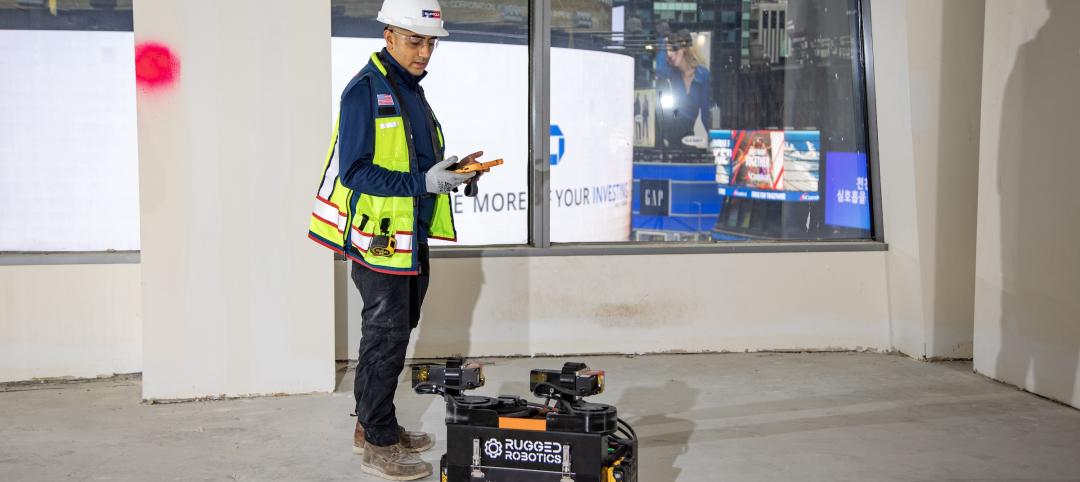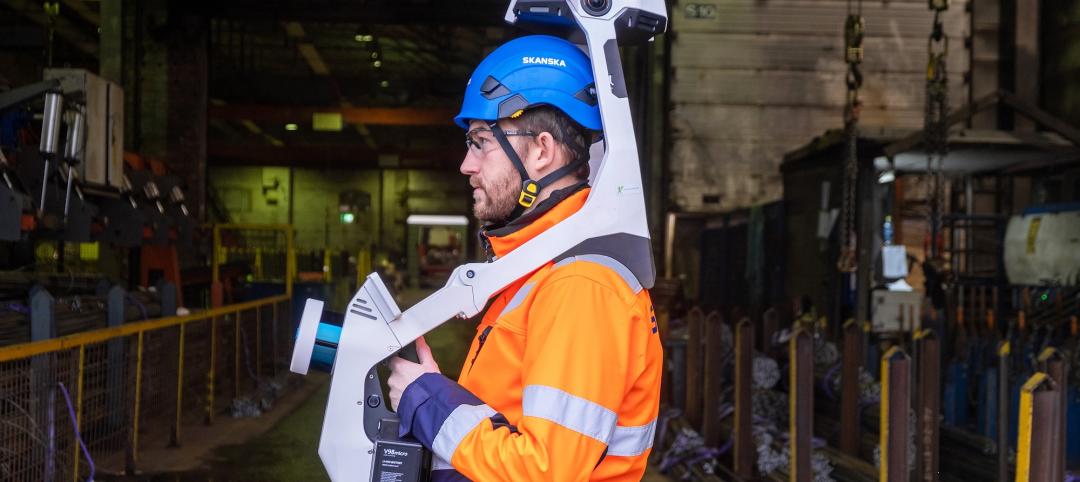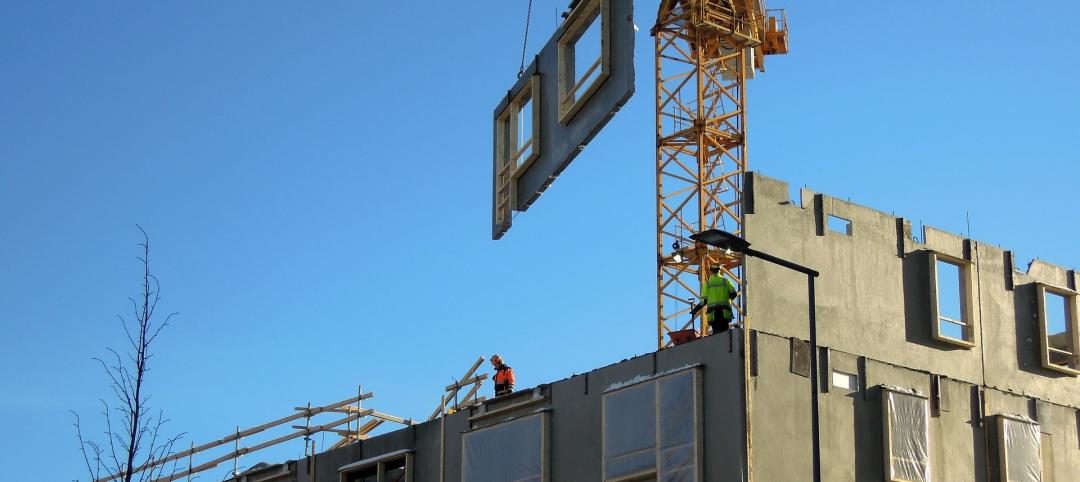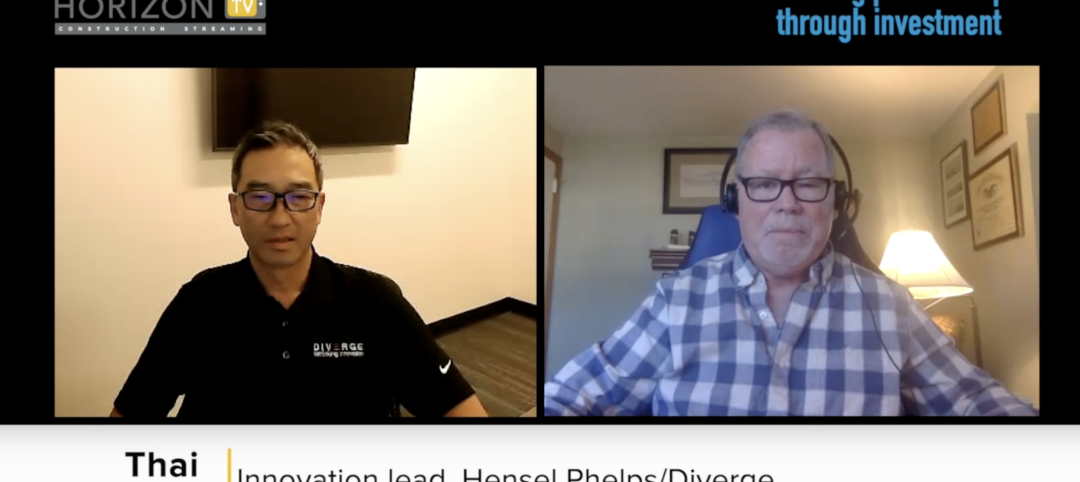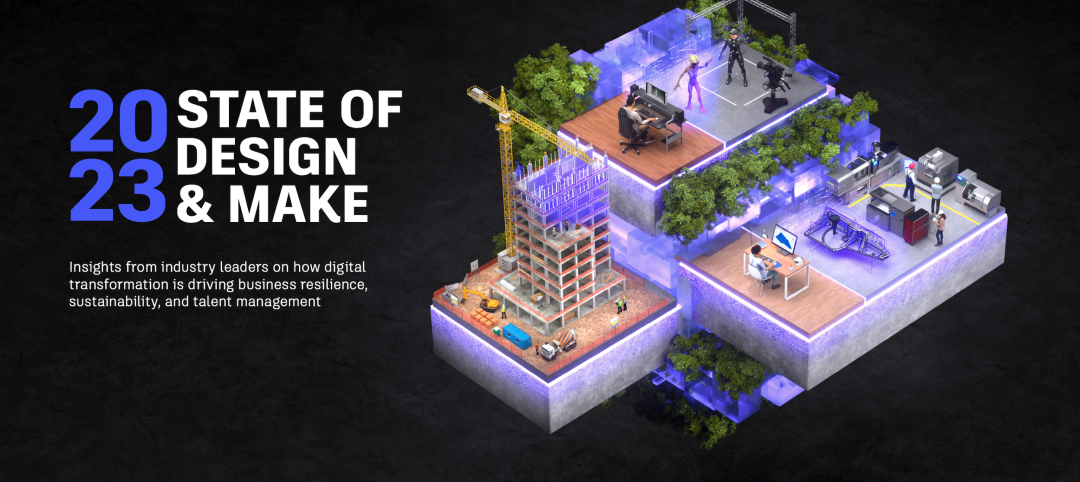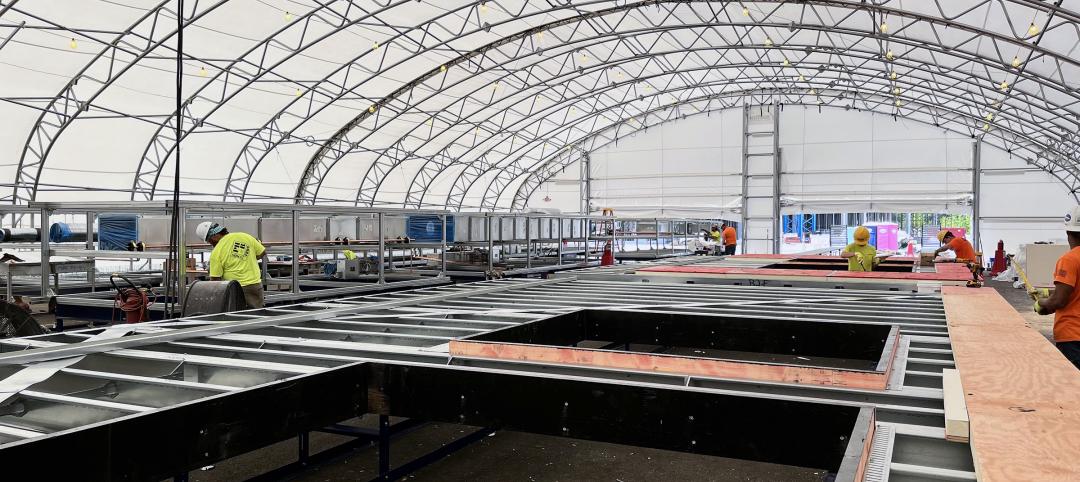Can the workplace actually improve—rather than undermine—the cognitive health of employees? How can office design help reduce burnout, limit stress, and increase overall productivity? What role does the connection with nature—including fresh, clean indoor air—play in the overall health and wellness of office workers.
These questions have been pondered by the AEC community and researchers for decades, dating back to the late-1990’s Heschong Mahone Group research on daylighting and human performance. Now, two prominent architecture firms are looking to build on the industry’s knowledge base on design’s impact on building occupant health and performance with research efforts of their own.
On May 10, the Scottish horticulture firm Benholm Group released details on a planned eight-week research study in partnership with London-based PLP Architecture and PhD researcher Joyce Chan-Schoof to better understand the intrinsic value of biophilic design on office workers. Their objective: to discover if immersive, biophilic workspaces—with lush plantings; plentiful access to natural light and outside views; natural décor, patterns, and colors; and sounds from nature—can have a tangible impact on employee productivity, retention, absenteeism, satisfaction, engagements, and up-skilling.
The study will involve six participants, who will perform their daily work at designated workstations at PLP’s London studio. Over the course of two months, the workspaces will be transformed gradually from their current state (modern office) into what Benholm calls a “multi-sensory biophilic experience.” Data will be gathered via questionnaires following each scenario change.
HKS, UT-Dallas partner to study brain health
On May 18, design giant HKS revealed plans for a six-month study on brain health and cognitive function involving 200 of its employees. The firm is partnering with the University of Texas at Dallas’ Center for BrainHealth to conduct the research, which will involve administering daily brain exercises and ongoing online training and think tank sessions to measure and improve participants’ cognitive health.
HKS President and CEO Dan Noble and its Global Director of Research Upali Nanda, PhD, cited pandemic-induced stress and burnout as motives for the research project.
Given the rapidly changing role of the workplace in this era of remote and hybrid work, research projects like HKS’s cognitive health study and PLP’s biophilic design initiative are vital to shaping the future of workplace design and office building development.
Related Stories
AEC Tech Innovation | Oct 8, 2024
New ABC technology report examines how AI can enhance efficiency, innovation
The latest annual technology report from Associated Builders and Contractors delves into how artificial intelligence can enhance efficiency and innovation in the construction sector. The report includes a resource guide, a case study, insight papers, and an essay concerning applied uses for AI planning, development, and execution.
Great Solutions | Jul 23, 2024
41 Great Solutions for architects, engineers, and contractors
AI ChatBots, ambient computing, floating MRIs, low-carbon cement, sunshine on demand, next-generation top-down construction. These and 35 other innovations make up our 2024 Great Solutions Report, which highlights fresh ideas and innovations from leading architecture, engineering, and construction firms.
AEC Innovators | Feb 28, 2024
How Suffolk Construction identifies ConTech and PropTech startups for investment, adoption
Contractor giant Suffolk Construction has invested in 27 ConTech and PropTech companies since 2019 through its Suffolk Technologies venture capital firm. Parker Mundt, Suffolk Technologies’ Vice President–Platforms, recently spoke with Building Design+Construction about his company’s investment strategy.
AEC Tech | Feb 20, 2024
AI for construction: What kind of tool can artificial intelligence become for AEC teams?
Avoiding the hype and gathering good data are half the battle toward making artificial intelligence tools useful for performing design, operational, and jobsite tasks.
Contractors | May 26, 2023
Enhanced use of data is crucial for improving construction job site safety
Executives with major construction companies say new digital tools are allowing them to use data more effectively to reduce serious safety incidents and improve job site safety.
AEC Tech Innovation | May 12, 2023
Meet Diverge, Hensel Phelps' new ConTech investment company
Thai Nguyen, Director of Innovation with Hensel Phelps, discusses the construction giant's new startup investment platform, Diverge.
Sustainability | May 1, 2023
Increased focus on sustainability is good for business and attracting employees
A recent study, 2023 State of Design & Make by software developer Autodesk, contains some interesting takeaways for the design and construction industry. Respondents to a survey of industry leaders from the architecture, engineering, construction, product design, manufacturing, and entertainment spheres strongly support the idea that improving their organization’s sustainability practices is good for business.
Project + Process Innovation | Mar 22, 2023
Onsite prefabrication for healthcare construction: It's more than a process, it's a partnership
Prefabrication can help project teams navigate an uncertain market. GBBN's Mickey LeRoy, AIA, ACHA, LEED AP, explains the difference between onsite and offsite prefabrication methods for healthcare construction projects.
Architects | Mar 8, 2023
Is Zoom zapping your zip? Here are two strategies to help creative teams do their best work
Collaborating virtually requires a person to filter out the periphery of their field of vision and focus on the glow of the screen. Zoom fatigue is a well-documented result of our over-reliance on one method of communication to work. We need time for focus work but working in isolation limits creative outcomes and innovations that come from in-person collaboration, write GBBN's Eric Puryear, AIA, and Mandy Woltjer.
AEC Innovators | Mar 3, 2023
Meet BD+C's 2023 AEC Innovators
More than ever, AEC firms and their suppliers are wedding innovation with corporate responsibility. How they are addressing climate change usually gets the headlines. But as the following articles in our AEC Innovators package chronicle, companies are attempting to make an impact as well on the integrity of their supply chains, the reduction of construction waste, and answering calls for more affordable housing and homeless shelters. As often as not, these companies are partnering with municipalities and nonprofit interest groups to help guide their production.





